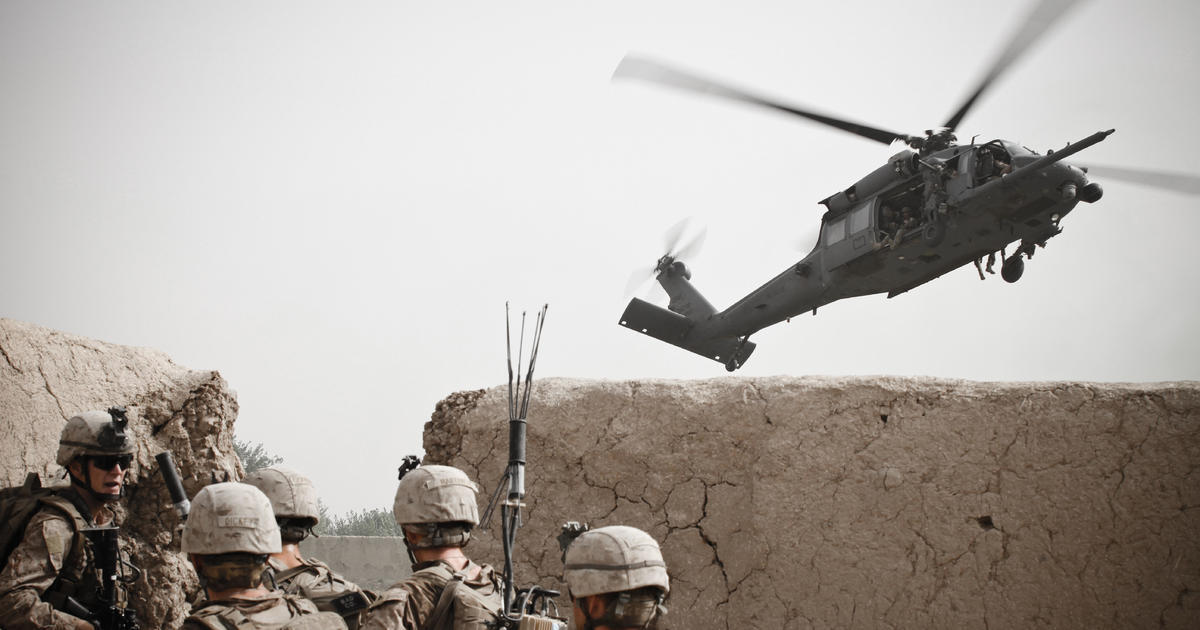
Americans owe more than $6 trillion for wars in Afghanistan and Iraq — and that's just the interest
CBSN
Although the U.S. is trying to turn the page on two decades of war in the Middle East, American taxpayers can expect to pay for those conflicts for decades to come.
The ultimate cost of the nation's engagements in Afghanistan and Iraq, on top of the incalculable personal toll on combatants and civilians, reflects a shift in how war has typically been financed. From the American Civil War through the Korean War, the U.S. government has mostly paid for its conflicts through taxes and war bonds. But in the post-September 11 era, U.S. military spending has been financed almost entirely through debt. Since the September 11 attacks, the U.S. government has spent $2.2 trillion to finance the wars in Afghanistan and Iraq, according to figures from Brown University's Costs of War Project. Yet that sum — which amounts to roughly 10% of the the country's total gross domestic product — only reflects upfront costs.
Santa Fe, New Mexico — A representative for the estate of actor Gene Hackman is seeking to block the public release of autopsy and investigative reports, especially photographs and police body-camera video related to the recent deaths of Hackman and wife Betsy Arakawa after their partially mummified bodies were discovered at their New Mexico home in February.

In the past year, over 135 million passengers traveled to the U.S. from other countries. To infectious disease experts, that represents 135 million chances for an outbreak to begin. To identify and stop the next potential pandemic, government disease detectives have been discreetly searching for viral pathogens in wastewater from airplanes. Experts are worried that these efforts may not be enough.











